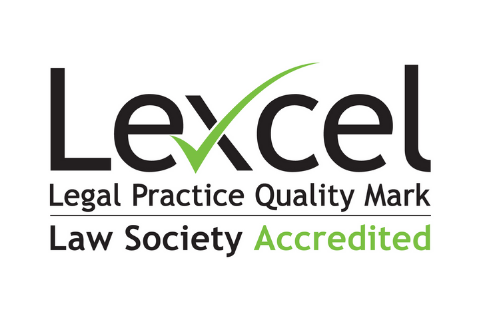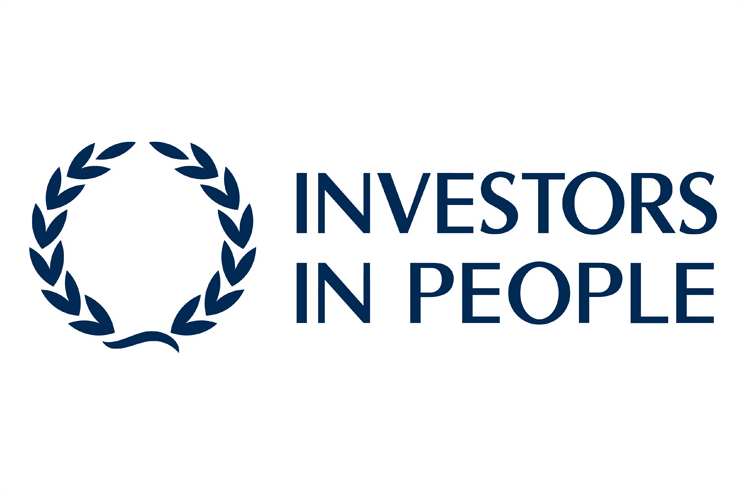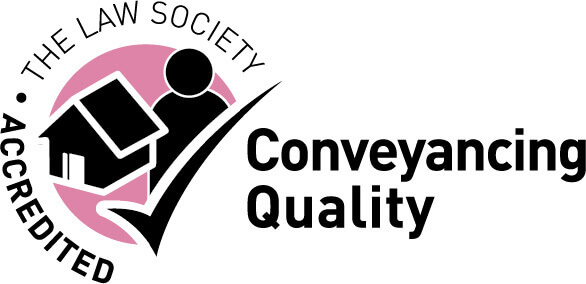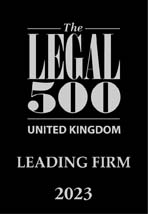Covid 19 and Business Closure – Legal Obligations
At 2 pm on Saturday 21 March 2020, a law came into force which forced the closure of some businesses.
This law was enacted by virtue of The Health Protection (Coronavirus, Business Closure) (England) Regulations 2020 (and mirror regulations that apply in Wales). The statutory instrument was made in exercise of the powers conferred by sections 45C(1), (3)(c), (4)(d), 45F(2) and 45P of the Public Health (Control of Disease) Act 1984.
Which businesses must close?
Schedule 1 of the regulations state that the following businesses must close:
- Restaurants, including restaurants and dining rooms in hotels or members clubs
- Cafes, including workplace canteens, but not including—
(a) cafes or canteens at a hospital, care home or school;
(b) canteens at a prison or an establishment intended for use for naval, military or air force purposes or for the purposes of the Department of the Secretary of State responsible for defence;(c) services providing food or drink to the homeless - Bars, including bars in hotels or members’ clubs
- Public houses
- Cinemas
- Theatres
- Nightclubs
- Bingo halls
- Concert halls
- Museums and galleries
- Casinos
- Betting shops
- Spas
- Massage parlours
- Skating rinks
- Fitness studios, gyms, swimming pools or other indoor leisure centres
- Arcades, bowling alleys, soft play centres and similar
- Hair, beauty and nail salons, including piercing and tattoo parlours
- All retail, but not including-
Supermarkets and other food shops, health shops, pharmacies including non-dispensing pharmacies,
petrol stations, bicycle shops, home and hardware shops, laundrettes and dry cleaners, garages, car rentals,
pet shops, corner shops, newsagents, post offices, and banks. - Outdoor and indoor markets, but not including-
Market stalls which offer essential retail, such as grocery and food - Auction houses
- Car showrooms
- Hotels, hostels, B’n’Bs, campsites and boarding houses for commercial use, but not including-
Where people live in these as interim abodes whilst their primary residence is
unavailable they may continue to do so. Key workers can continue to stay in hotels or similar where required. - Caravan parks/sites for commercial uses, but not including-
Where people live permanently in caravan parks or are staying in caravan parks as interim abodes where their primary
residence is not available, they may continue to do so. - Libraries
- Community centres, youth centres and similar, but not including-
Facilities that may remain open for the purpose of hosting essential voluntary or public services, such as food banks or homeless
services. Everything will be done to support vulnerable people who are without a network of friends and families. - Places of worship for services, but not including-
Funerals following the social distancing guidance; places of worship should remain open for solitary prayer.
Live streaming of a service without audience would be permissible. - Enclosed spaces in parks, including playgrounds, sports courts and pitches, and outdoor gyms or similar
Other business types will likely be added to this list if the government adopts more stringent lockdown measures.
Compliance
Everyone is instructed to comply with the rules issued by the government in relation to coronavirus, in order to protect both themselves and others. Further measures on enforcement could be taken following the passage of the Coronavirus Bill through parliament. A business operating in contravention of the Health Protection (Coronavirus, Business Closures) Regulations 2020 will be committing an offence. As agreed with the devolved administrations, these measures will be extended to Scotland and Northern Ireland by Ministerial Direction once the Coronavirus Bill is in force. Environmental Health and Trading Standards officers will monitor compliance with these regulations, with police support provided if appropriate. Businesses and premises that
breach them will be subject to prohibition notices, and potentially unlimited fines.
We can advise on all aspects of criminal and regulatory law, if any business is uncertain as to its legal obligations during this worrying time, please do not hesitate to get in touch with us.
How can we help?
If you need specialist advice, then get in touch with Andrew Holland (01743 237731 or a.holland@hatchers.co.uk) or Kate Cooper (01743 237734 or k.cooper@hatchers.co.uk and let us help. We can advise on a plea, defences and potential sentences in a wide range of circumstances.





